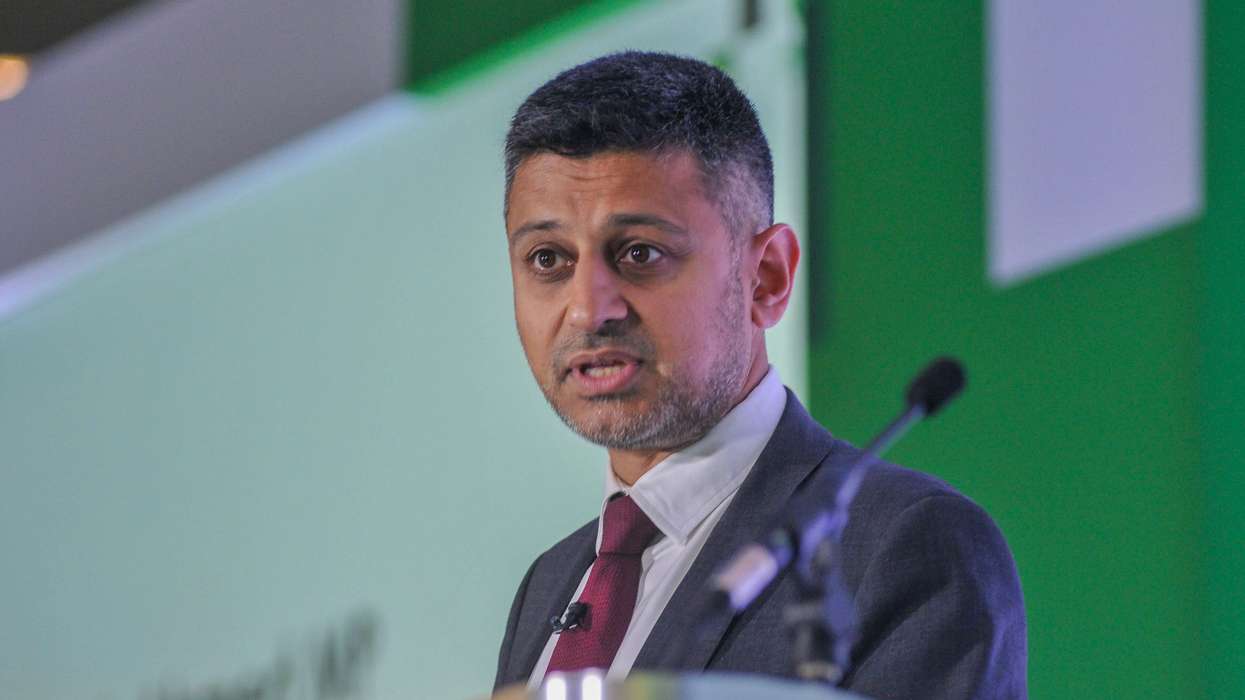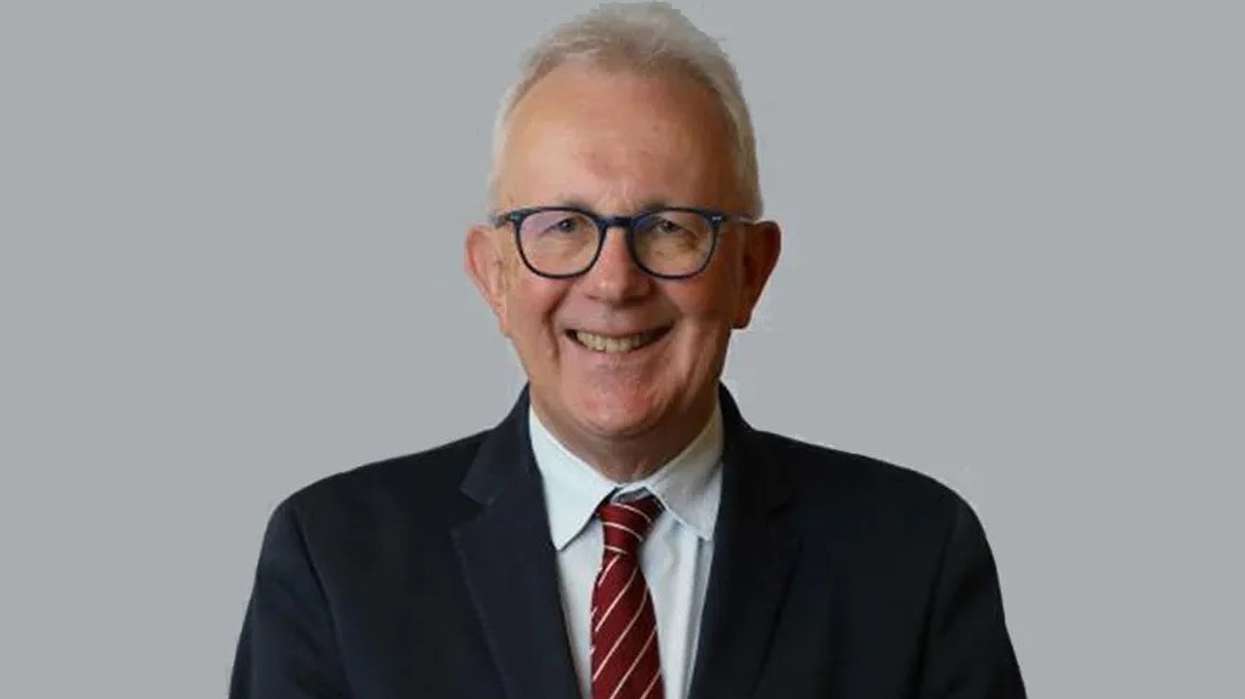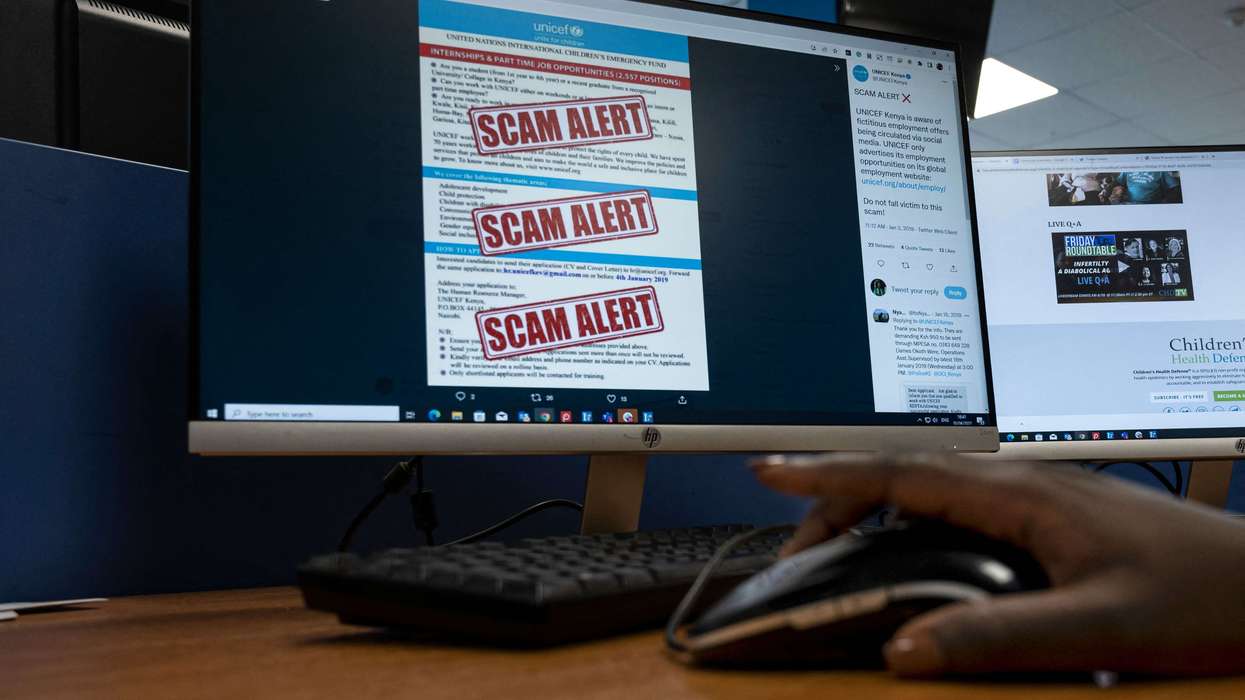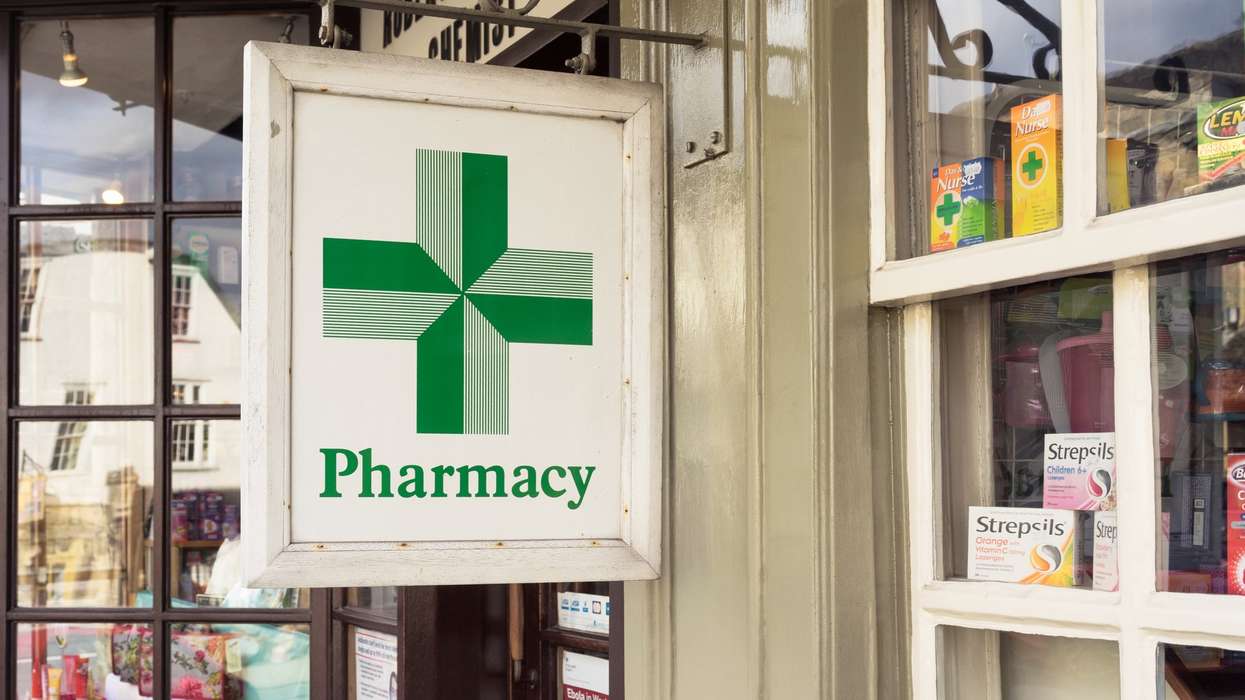CCA Chief Executive, Malcolm Harrison has said that medicine shortages not only risk patient health, but also place additional strain on frontline pharmacy teams.
While giving evidence to the Lords Public Services Committee inquiry into medicines security on Wednesday (5), Harrison said, "There is an urgent need for investment across the entire supply chain.
"Investing in Drug Tariff pricing and retained margin are essential steps to stabilising the supply chain and ensuring the UK remains a competitive market to global manufacturers."
He said investment in medicine pricing is crucial to ensure healthy competition.
This will bring down prices and will be beneficial for the NHS and taxpayers.
Martin Sawer, executive director, Healthcare Distribution Association (HDA) said the supply chain and the delivery mechanism in the UK are good.
Sawer said it was becoming increasingly difficult for his members to supply businesses which have “varying demands that are difficult to understand and see”.
“On the demand side, it’s becoming very complicated. There’s lots of technologies in primary care, whether you’ve got hub and spoke, distance-selling pharmacy, online pharmacy,” he said.
“Our outlets we supply to have varying demands that are difficult to understand and see. Medicines could well be in the wrong place. We have concerns about how that might manifest itself in 10 years’ time.”
He added: “Understanding medicines security for the UK and globally is also of concern, given the supply side of medicines is driven by global concentration of global businesses in fewer places than there used to be.”
Sawer maintained his members were operating “on very low margins” and producing “unbelievable efficiencies”.
On the root causes of fragility in the supply chain, he said: “At the moment, it is probably driven more by economics and technologies and perhaps lack of communication within the supply chain and some lack of accountability by some of the players in the supply chain to the authorities.”
However, he said “overall, the system is very good” and suggested: “It’s about tuning the engine which hasn’t, if I can use this analogy, probably got enough petrol in it properly to flow and balance demand and supply, which is what our businesses do.”
James Davies, director of research and insights, Community Pharmacy England, said that the community pharmacies remain underfunded, and this has reduced the resilience of the sector.
He said this was impacting patients, with nearly one in five facing a problem in accessing medicines from community pharmacies.
Davies called for closing the funding gap in community pharmacy to stabilise the core of the network, introduce flexibilities for pharmacists, which include switching branded generics when in short supply, to support fast patient care.
He called for improving the speed and accuracy of the communication shared with community pharmacy owners when shortages occur.
Davies wanted the government to look into the causes of waste associated with repeat prescribing systems and explore how prescribers in community pharmacy can be used to address the issues.
In the second session on secondary care, Andrew Davies, former national director of Hospital Pharmacy, NHS England, said shortages in hospital pharmacies have a big impact.
He said that a lot of resources and time are spent by NHS Trusts in managing shortages.
As for the substitution of unavailable medicines, he said the hospitals have a lot more flexibility than community pharmacies.
Richard Bowers, Medicines Procurement and Supply, Leeds Teaching Hospitals NHS Trust, said the shortages also have an emotional pressure on the pharmacy teams.
He also said early warning regarding shortages could help, but timely information is not forthcoming.
When asked to define shortage, Bowers said anything that causes disruption from the status quo in procuring medicine, and if it requires manual intervention, is a shortage.
Director for England at the Royal Pharmaceutical Society (RPS) Amandeep Doll highlighted the critical role pharmacists play in managing shortages on the frontline and called for urgent action to strengthen medicines security.
She called for greater transparency and data sharing across the supply chain to anticipate and mitigate shortages; pharmacy system leadership to support patient access to medicines and deliver the UK’s life sciences ambitions; a national medicines shortage strategy from Government that includes clear guidance for pharmacy teams and healthcare professionals; improved communication channels between government, regulators, and the NHS to ensure timely updates and coordinated responses.
Amandeep said, “Medicine shortages are not just a supply chain issue; they directly impact patient care and safety. Pharmacists are often the first to identify and respond to shortages, but they need better tools, clearer guidance, and stronger support to do so effectively. We urge the Government to prioritise medicines security as a matter of national resilience.”












